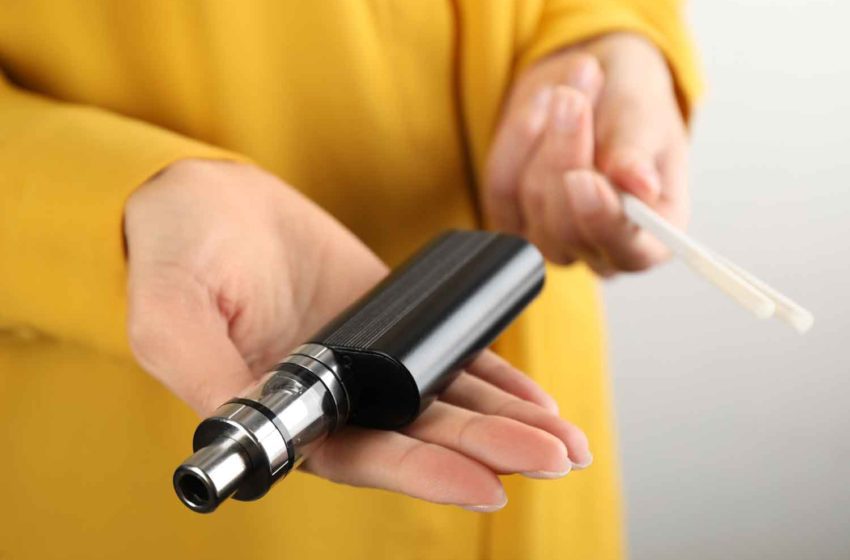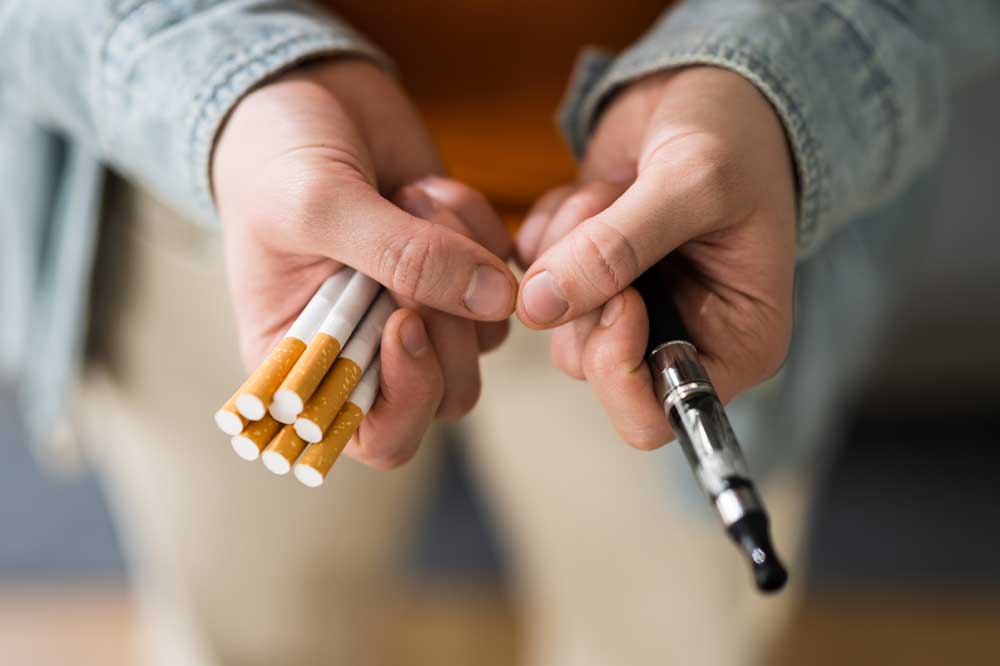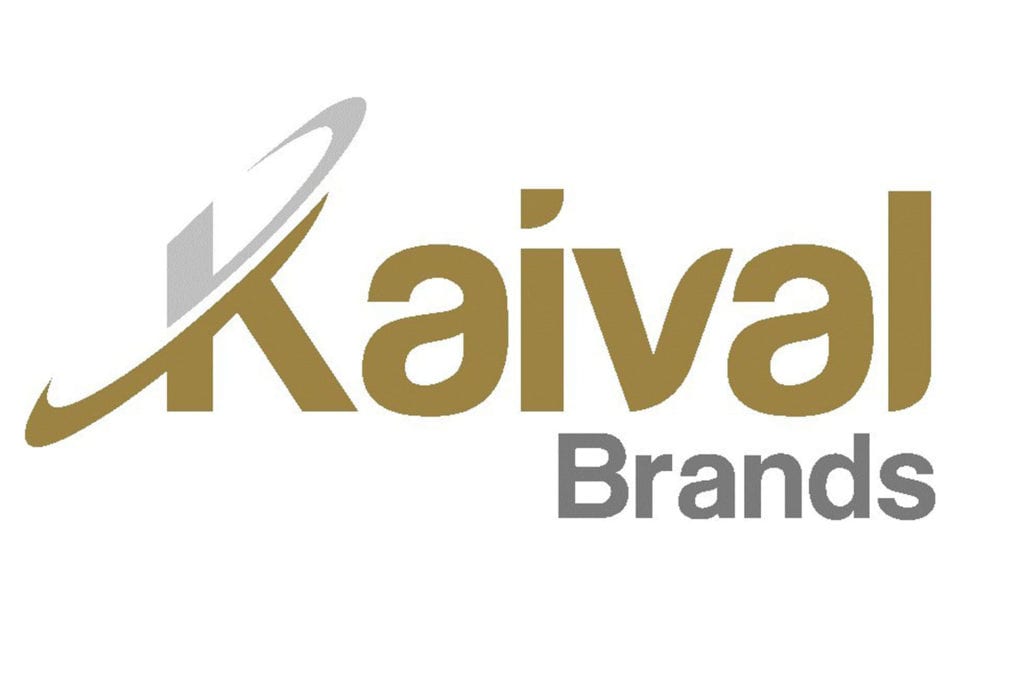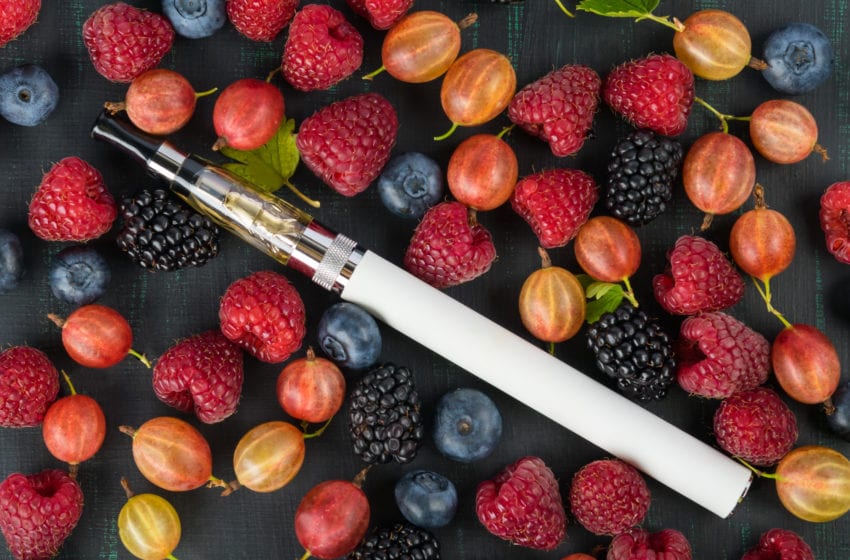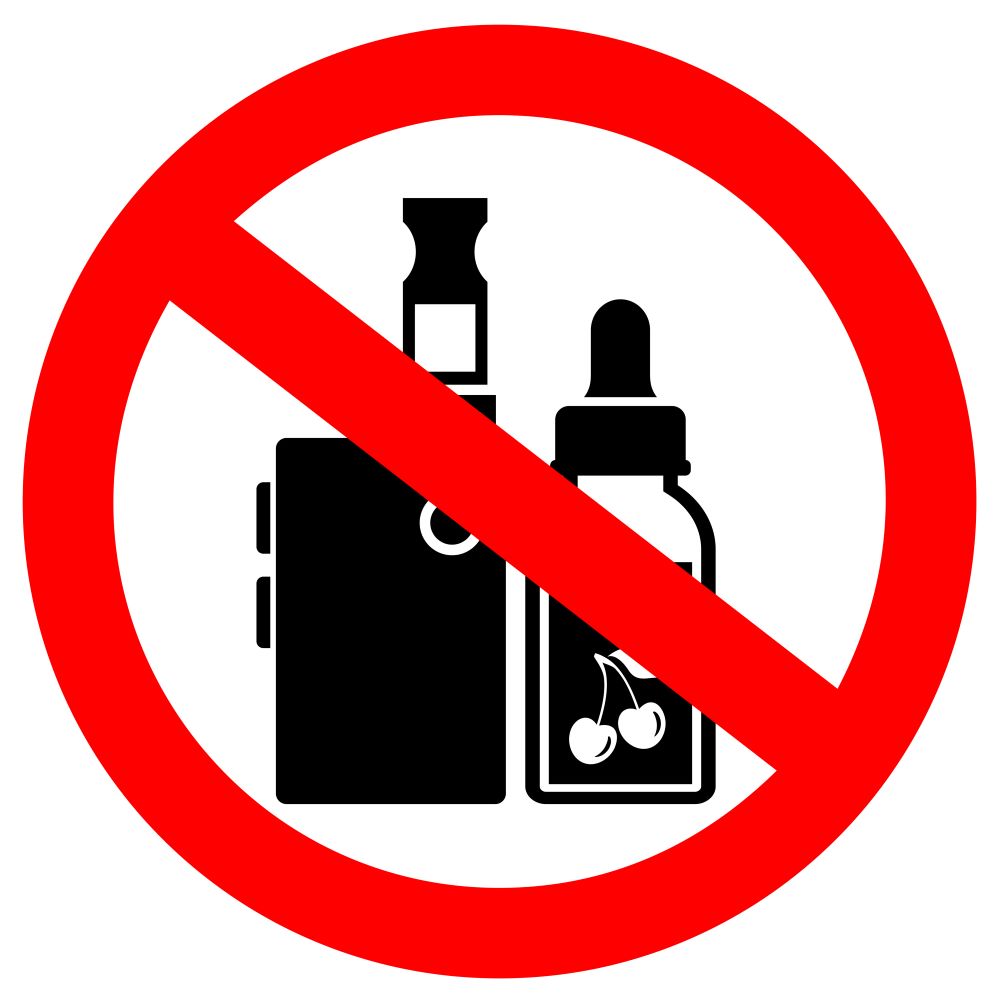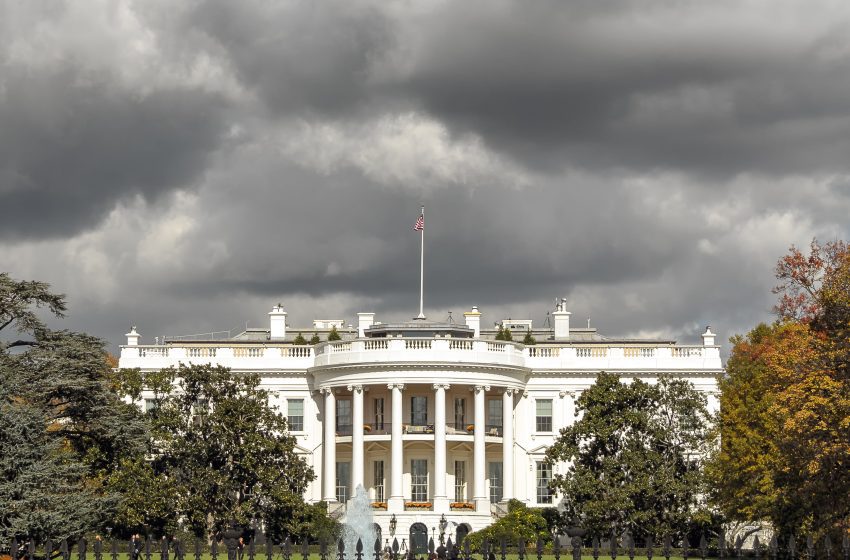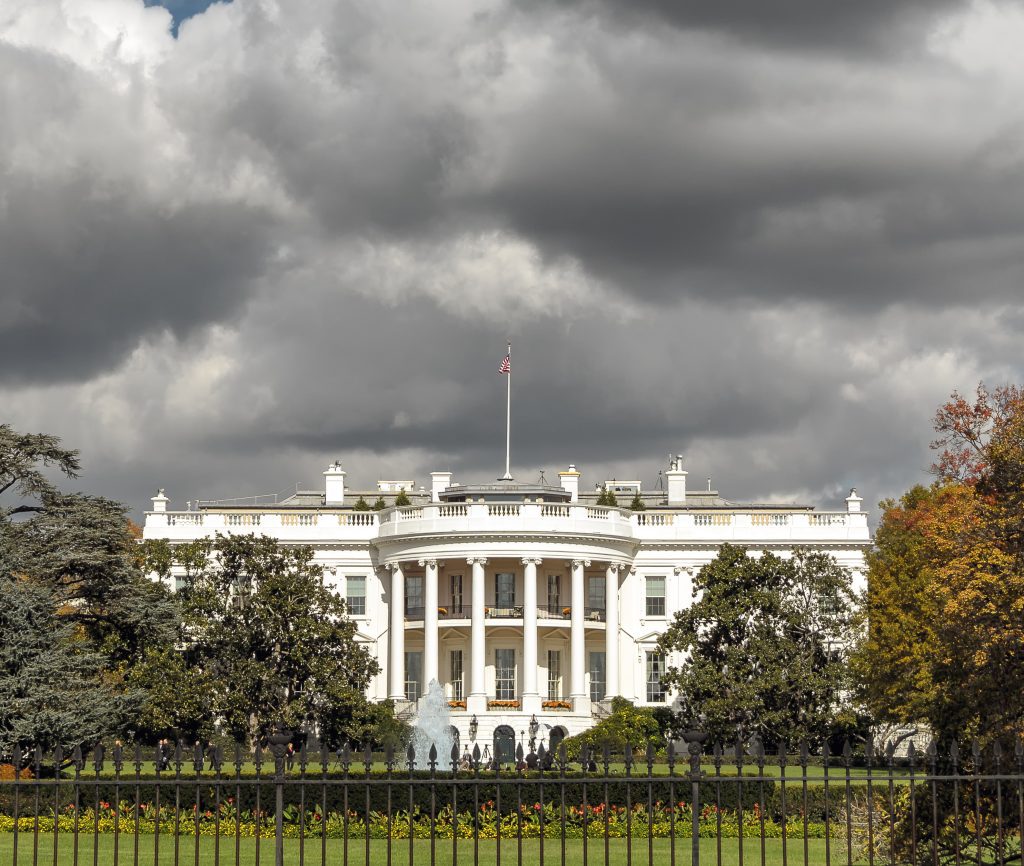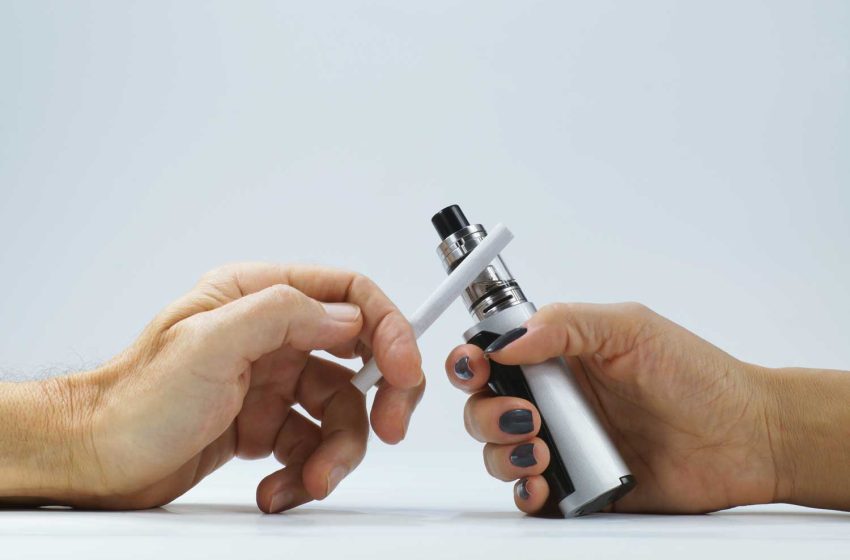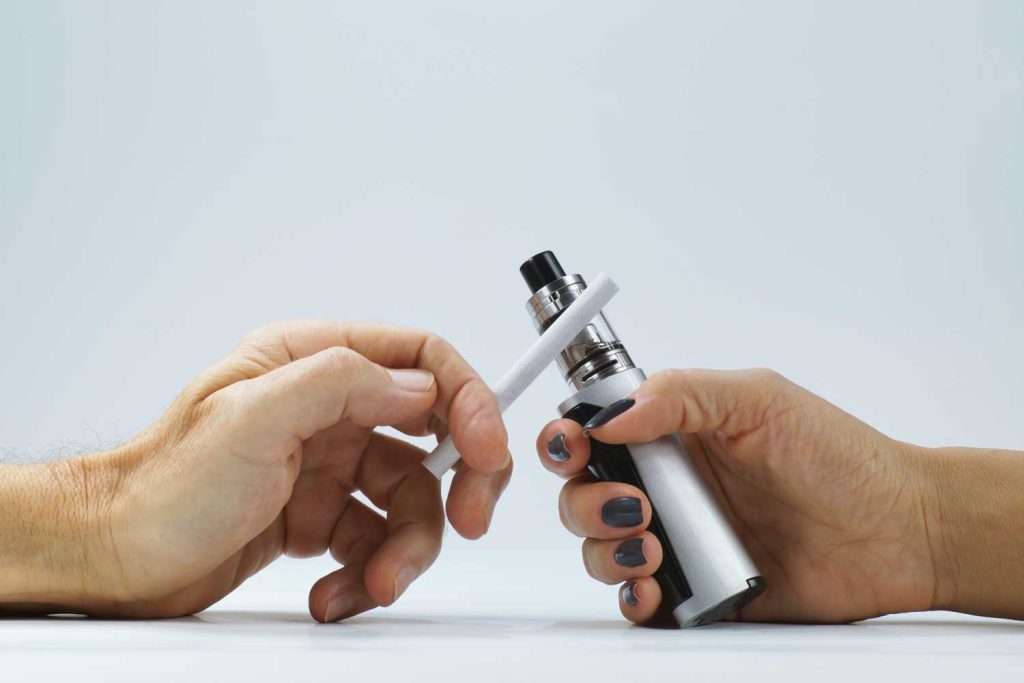
Pyxus International, parent to Purilum e-liquids, announced results for its fiscal quarter ended June 30, 2023.
Sales and other operating revenues were $477.1 million, up 38.7 percent compared to 2022. Operating income increased $29.4 million to $36.4 million. Net income was $0.8 million, improving $15.5 million. Adjusted EBITDA increased $27.5 million to $43.5 million.
For the full 2024 fiscal year, Pyxus continues to expect sales to be between $1.9 billion and $2.1 billion and adjusted EBITDA to be between $155 million and $180 million.
“Fiscal 2024 is off to a strong start with higher tobacco prices, accelerated timing of shipments and a favorable shift in customer mix fueling a 39 percent increase in revenue and improved profitability compared to the prior year,” said Pyxus President and CEO Pieter Sikkel in a statement.
“In the first quarter of fiscal 2024, we believe we reached the peak of our fiscal 2024 tobacco purchases as we significantly accelerated our buying, using our geographic footprint to acquire tobacco inventory from multiple markets to meet higher current crop supply requirements and customer demand for fiscal 2024. Customer shipments in fiscal 2024 will utilize a higher percentage of tobacco purchased during the current fiscal year to fulfill orders compared to the prior year given our uncommitted inventory continues to be historically low.
“Our continued focus on aggressively managing our working capital provided sufficient liquidity through short-term borrowings under our foreign seasonal lines of credit, availability under the ABL Credit Facility, cash generated from operations and cash collections from our securitized receivables to purchase larger volumes of more expensive tobacco compared to the prior year. In the first quarter of fiscal 2024, we increased our purchases of inventory by more than $100 million compared to the prior year using $40 million of incremental foreign seasonal lines of credit and our improved cash conversion cycle.
“We anticipate ongoing strong demand as undersupply conditions are expected to persist through fiscal 2024. We believe our positive first-quarter results position the company to achieve our previously announced fiscal 2024 guidance for sales between $1.9 billion and $2.1 billion and adjusted EBITDA between $155 million and $180 million. We are proud of the progress our global teams have made thus far and thank them for their unwavering commitment to our customers and their focus on achieving the company’s objectives so that together we can grow a better world.”
The company held a conference call to report financial results for the period ended June 30, 2023, on Aug. 10, 2023, at 9:00 a.m. Eastern Time. For those who were unable to listen to the live event, a telephonic replay of the conference call will be available by dialing (647) 362-9199 or (800) 770-2030 and entering the access code 2624736.






